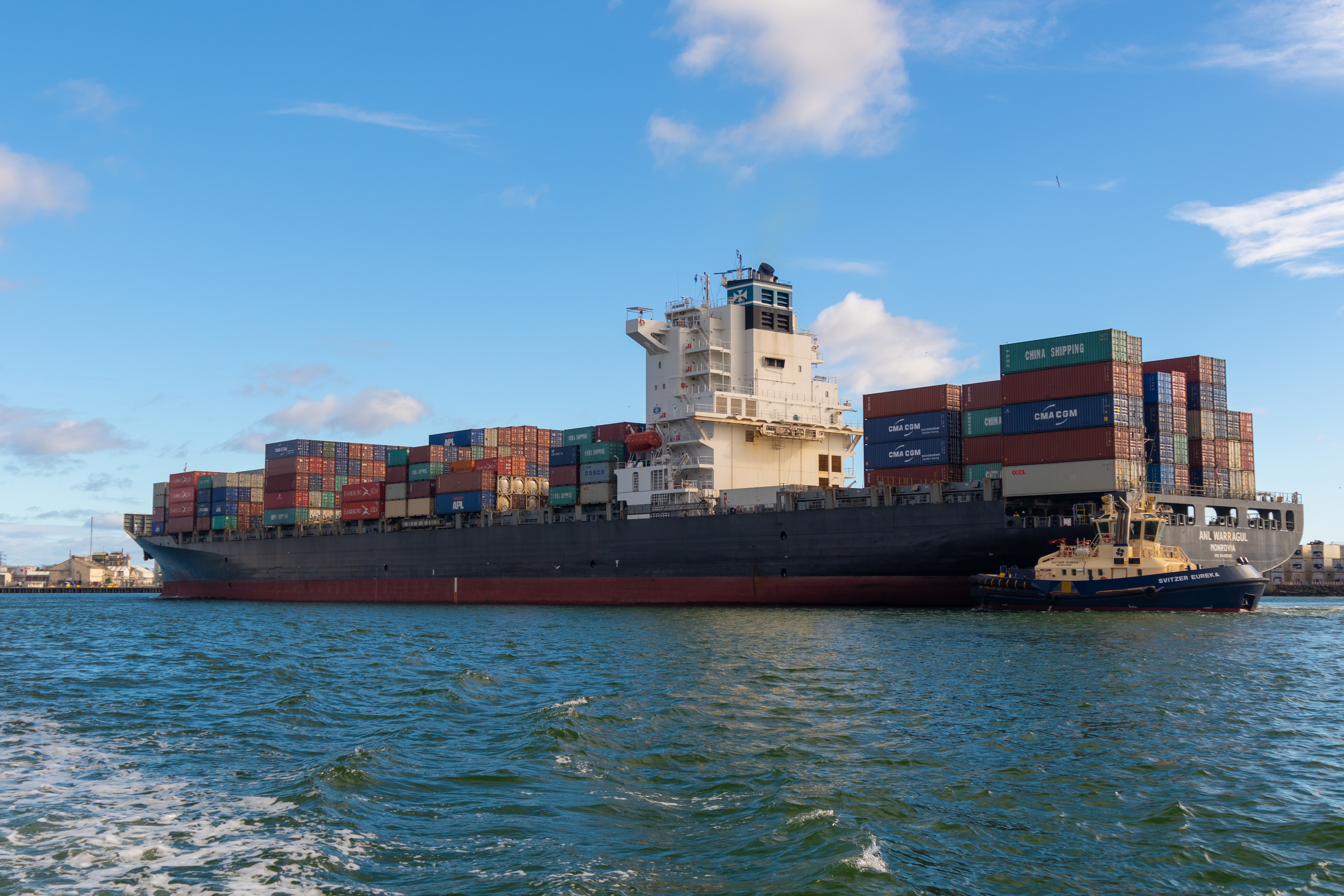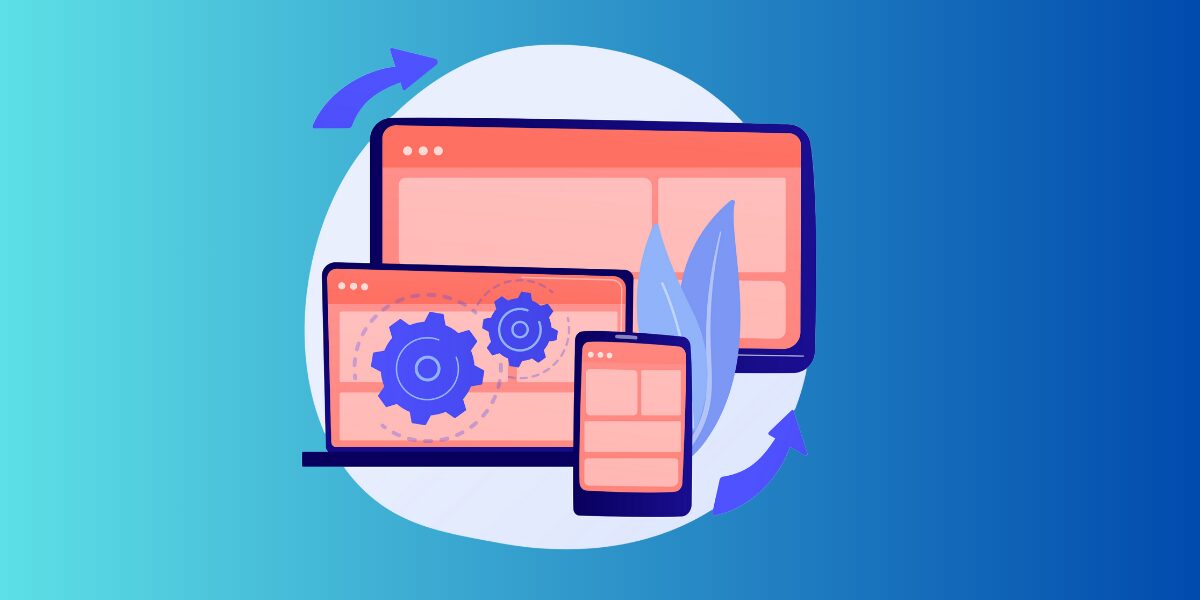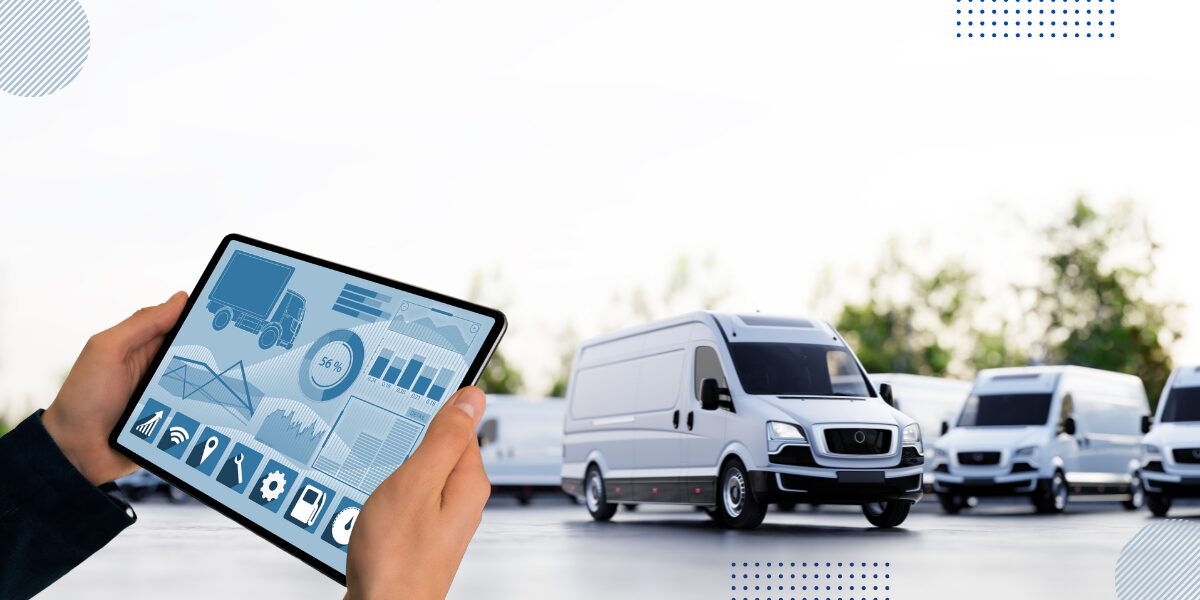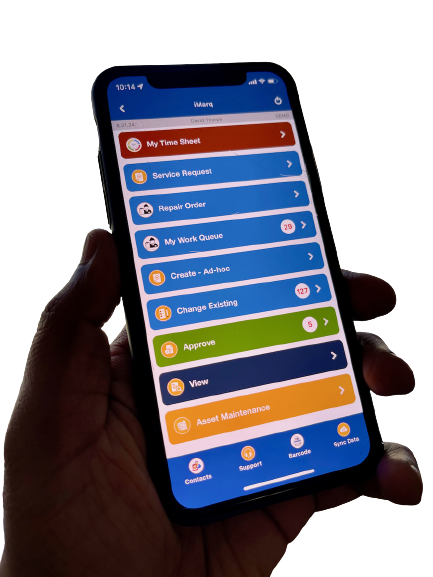As the global market competition continues to accelerate, consumer expectations have significantly increased, and they now anticipate that traditional business practices will be modernized. Considering that modern customers demand more from companies in terms of real-time interaction, technology, and delivery times, it is now more crucial than ever to be conscious of current technology trends in logistics. Trends like supply chain automation, machine learning, artificial intelligence, and blockchain technology can assist you in staying ahead of the curve.

As the global market competition continues to accelerate, consumer expectations have significantly increased, and they now anticipate that traditional business practices will be modernized. Considering that modern customers demand more from companies in terms of real-time interaction, technology, and delivery times, it is now more crucial than ever to be conscious of current technology trends in logistics. Trends like supply chain automation, machine learning, artificial intelligence, and blockchain technology can assist you in staying ahead of the curve
All industries, notably the logistics sector, have been influenced by cutting-edge technological solutions. Modern consumers are digitally aware, which results in higher expectations from organizations. They seek high-quality service, prompt deliveries, real-time transparency, and adaptability. Businesses cannot afford to fall behind in technological advances because customer requirements can only be addressed with the aid of logistical technology.
Four Digital Transformation Trends in Logistics

Since digital transformation is still a novel concept, the trends are constantly shifting and changing. Taking into account the recent trends, four major ones are accelerating the digitization of logistics.
1. Automation
Automation in logistics can encompass everything from physical automation to operational automation. Conventional warehouse automation solutions include the digitalization of manual procedures, adopting pick-to-light systems where personnel scan barcodes, and employing LED lights that indicate the number of commodities to be acquired and their consignee.
According to the size of their facilities or distribution facilities, as well as the amount and variety of orders they typically fill, businesses will continue to streamline a multitude of their processes to varying degrees.
2. Machine Learning
Smart vehicles are a recent concept, but machine learning has had its roots embedded in digital business transformation for years. Machine learning has shaped predictability, reducing the challenges that ensue during logistical management. Machine learning has also aided various companies in providing a clear comprehension of the demands of the future, lowering the apprehension of many companies regarding their future needs.
The supply chain predictive analytics applications of Machine Learning are capturing the interest of industry players. By differentiating low-demand commodities from high-demand assets, logistics corporations can make the best use of their inventories by forecasting and assessing market growth.
3. Artificial Intelligence
Demand prediction is significantly simpler even when taking into consideration many demand-influencing variables and prior experiences because AI will swiftly gather all valid forecasts. Processes powered by AI include last-mile logistics analysis and optimization, supplier selection, and workforce planning. AI is an effective method for resolving some of the most demanding logistical issues and providing tangible improvements.
4. Blockchain
Another significant trend in digitization includes the use of blockchain. Blockchain has gained popularity among companies because of its transparency with customers. It has also changed the way information is relayed within the logistics department. Now, customers can see the whole journey of a product and read reviews, which improves overall security by making it easier to detect fraud.
The decentralized technology of blockchain has allowed for the secure exchange of information even on cloud-based platforms. Some benefits provided by blockchain are:
- Reduction of fraud
- Avoiding bottlenecks and botches
- 3PL confirmation
- Providing smart contracts that are time and cost-efficient
- Offering real-time vehicle tracking
- Logistics space planning
- Management of Online TicketingDue to its versatility, blockchain has so far proved to be one of the most noteworthy trends in the industry by ensuring precision in various logistical tasks.In Conclusion
Digital transformation in businesses has touched almost all facets and dimensions of different industries, including the logistics sectors. Therefore, the digital business transformation has introduced trends that are constantly contributing, strengthening, and reconstructing the framework of the logistics domain, consequently expanding the business and offering sustainable options.Looking to digitize your manual process? Reach out to Connixt and ask about our mobile enterprise suite to automate your inspections, maintenance, crew management, safety, inspections, and compliance processes. Book a demonstration with us today to learn more!





